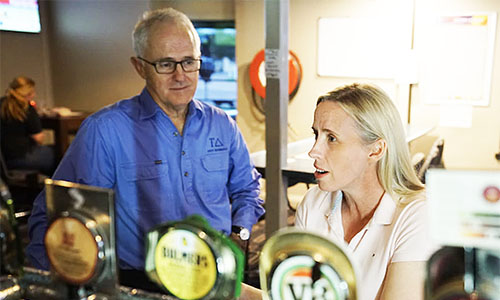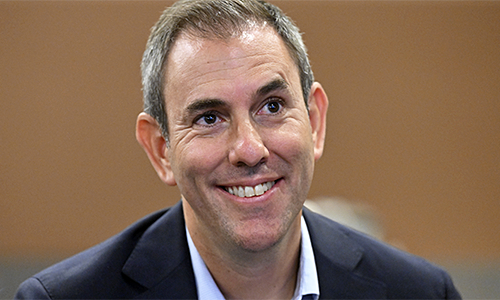Trigger warnings have become a totemic feature of our times, symptomatic of an age that is both hopelessly fragile and insufferably judgemental. They have spread like a canker as publishers and authors have sought to parade their sensitivity and flaunt their moral superiority. And they are increasingly a means of a virtue signalling and projecting one’s ego.
Evidence of this has been on show this week with the revelation that Joanne Harris has begun to add content warnings to her own books. Readers of her bestselling 1999 novel, Chocolat, will now be cautioned that the story contains ‘spousal abuse, mild violence, death of parent, cancer, hostility and outdated terms for travelling community and religious intolerance’. Furthermore, Harris’s website has been updated to add that her Loki novels include ‘depictions of eating disorders’, that The Blue Salt Road contains ‘depictions of whale hunting’ and The Little Mermaid contains ‘ableist and transphobic slurs’.
A fundamental, underlying motive for trigger warnings has always been for people to signal their moral superiority
Risible as all of this may sound, it will surprise few aficionados of literature, theatre, cinema and television. Trigger warnings now proliferate to the point of banality. For example, the latest re-run of the 1980s and 1990s show Star Trek: The Next Generation on Sky Mix includes new introductory inanities as ‘contains adult themes and emotions’ and ‘contains mild violence’ – both of which are fair descriptions of reality itself. Such redundant warnings are in keeping with Joanne Harris’s own caution, again, on ‘mild violence’. It’s fundamentally a meaningless expression. In this, trigger warnings now serve more to signal compassion and social awareness than seek to prevent any real harm.
There has always been something cynical and vacuous about content warnings. Harris’s intervention only makes their insincerity all the more explicit. While they were ostensibly designed to forewarn those who might actually have been traumatised by events as represented on the page, stage or screen, there was always an element of moralism lurking within. Trigger warnings are part of a culture that seeks to censure or censor what it finds hurtful, offensive or unacceptable.
Intrinsic to Year Zero wokery – an ideology that hasn’t so much gone away as insidiously entered the mainstream – is the notion that most things pertaining to the past are in moral error. History, especially western history, is characterised and caricatured as a litany of sins and horrors: slavery, colonialism, racism, sexism. Hence the mania for toppling statutes some years back, an iconoclasm representing a desire to literally destroy the past and its vestiges.
If the past can’t be demolished, then the next best thing is for it to be traduced and slandered via trigger warnings. This is why content warnings first became so conspicuous within the novels of yesteryear, are now mandatory in museums and galleries, and are affixed to movies and sitcoms repeated on television. They are being applied now to programmes of an even younger vintage. As reported in September, the 1970s soap opera Crossroads has been given a trigger warning on the ITV website because it ‘contains broadcast standards, language and attitudes of its time’.
A fundamental, underlying motive for trigger warnings has always been for those to signal their moral superiority over matters relating to the past, where everything was wrong and horrid. Hence Harris’s admonition on ‘outdated terms for travellers.’ Here she is in keeping with our own particular times and culture, one which assumes it has reached a fixed plateau of enlightenment from which all other epochs can be judged and condemned.
Yet Harris has taken this impulse one step further. Whereas trigger warnings have traditionally sought to pour scorn on the past, here we see them employed to cast aspersions on the present, to lay bare our own lazy acceptance and even representations of all that is wrong and unjust in society: spousal violence, religious intolerance, ableism and transphobia. Through this gesture, Harris seeks to assert and clarify that she is more compassionate than her readers and contemporaries, more alert and more aware about deplorable aspects of society today. This is the trigger warning as a virtue-signalling vanity exercise.
The irony of our predilection for issuing boastful, superior trigger warnings, in the presumption that we have reached an eternal pinnacle of moral sagacity, is that the whole sorry phenomenon is very much of its times: our times. It is a symptom of a particular early-21st century culture that is egotistical, amnesiac, highly self-regarding, preachy and obsessed with feelings, victimhood and identity politics. Ours is an age of censoriousness and hectoring piety. We call it ‘woke’. Perhaps future historians will have a better word for these strange days. But they will still find us fascinating and horrifying in equal measure.










